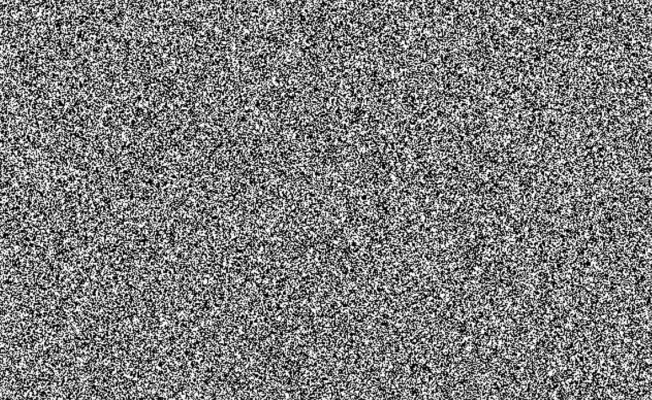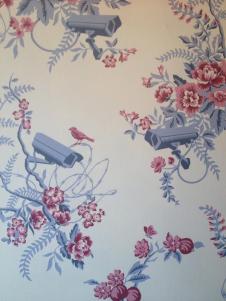
Yesterday the cousin of one of our teachers has been killed in a targeted assassination. It felt like one of those stories that you read on the newspaper and you think they will never be part of your life because they belong to a foreign elsewhere. One of those stories that are beyond the ordinary and have nothing to do with the normality of the everyday.
I am here to run a school. Before I started, my idea of what my routine would look like included the revision of teaching methods, the achievement of artistic excellence, grades and disciplinary notes. What turned out to be a part of my ordinary administration is also the management of situations that are extraordinary, alien and emotionally destabilising – which, however, in a country at war are sadly integral to daily life.
Impermanence and transience are difficult to conceive as some of the inevitable ingredients of our life; they are difficult to digest as a force that roots you in the present rather than as a windstorm that erases any sense of direction.
The concept of resilience is often abused and quoted far too frequently and light-hardheartedly. But it is moments like this, when all the things that I don’t know lay bare, that reveal the mysterious strength that we have inside and we’re often not aware of. It is an immense force that helps keeping things together; that helps continuing to look ahead; a silent strength that protects the desire – as Vittorio Arrigoni used to say – to stay human.


